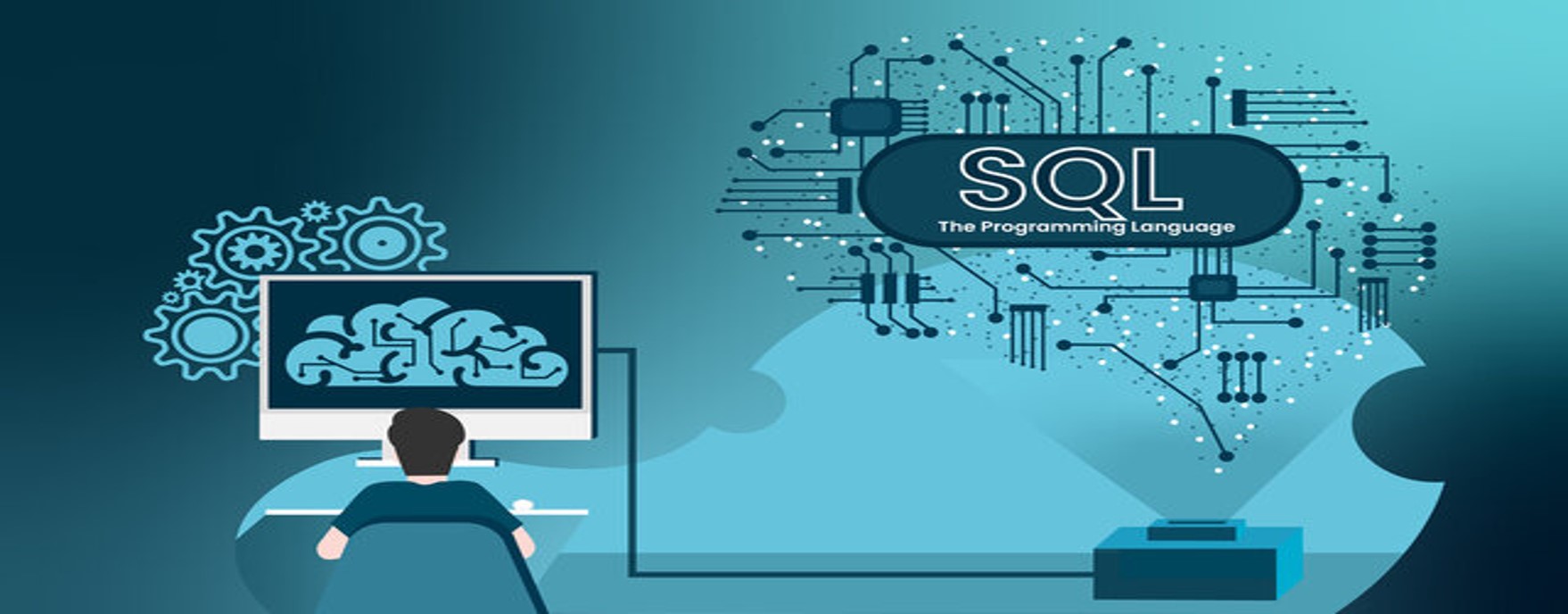
SQL –A special purpose Programming Language
SQL stands for Structured Query Language. It’s a programming language used for managing and manipulating relational databases. With SQL, you can create, modify, and retrieve data from databases, as well as perform operations like filtering, sorting, and joining data. It’s widely used in web development and data analysis. SQL is a special-purpose programming language designed for managing data in a relational database, and is used by a huge number of apps and organizations.

PL/SQL-A procedural language
It stands for procedural language extension to the structured query language. Oracle created PL/SQL that extends some limitations of SQL to provide a more comprehensive solution for building mission-critical applications running on the oracle database. PL/SQL provides the functionality of a procedural language such as decision making, iteration, etc.
The applications written in PL/SQL are portable to other hardware and operating systems provided oracle must be operational.
LET’S HAVE A LOOK
How SQL differ from PL/SQL?
SQL
1) SQL is a single query that performs the DML (Data manipulation language) and DDL (Data Definition Language) operations easily.
2) SQL is a declarative database.
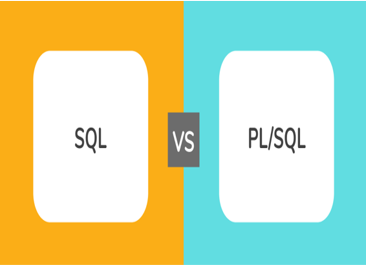
PL/SQL
1) PL/SQL is the block of codes that are used to write the whole program function.
2) PL/SQL is a procedural language that defines how things will execute.
3) A single statement is executed at a time in Structure Query Language.
4) Structure Query Language is used to manipulate the data.
5) It interacts with the database server.
6) SQL cannot contain the code of PL/SQL.
3) A whole block is executed at a time in the PL/SQL.
4) PL/SQL creates the applications.
5) It cannot interact with the database server.
6) PL/SQL is the extension of SQL, so it contains SQL inside it.
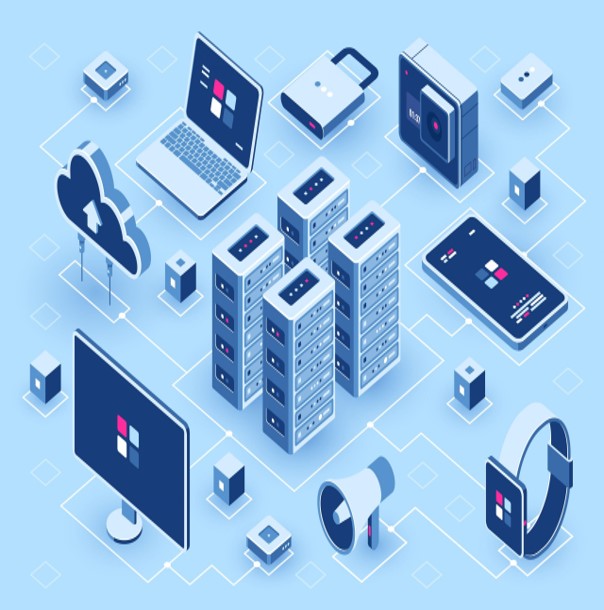
Thousands of Databases need strong SQL skills
SQL is essential for managing databases because it provides a standardized way to interact with and manipulate data. With strong SQL skills, we can efficiently retrieve and update data, perform complex queries, and ensure data integrity.
Since databases are the backbone of many applications and systems, having strong SQL skills allows us to work with diverse databases and handle large amounts of data effectively. It’s a valuable skill in the tech industry.
SQL is helpful in journalism
Absolutely! SQL can be incredibly useful in journalism. Journalists often work with large datasets, such as public records or survey data, and SQL can help them analyze and extract meaningful insights from these datasets. They can use SQL to filter, sort, and aggregate data, enabling them to uncover trends, patterns, and correlations. It’s a powerful tool for data-driven journalism!

DO YOU KNOW?
SQL can be used in Music Apps & Healthcare!

SQL can also be a valuable skill in healthcare! In the healthcare industry, databases are used to store and manage patient records, medical information, and research data. SQL allows healthcare professionals to efficiently query and analyze this data, enabling them to make informed decisions, identify trends, and improve patient care. It’s an important skill for data-driven healthcare management and research!
SQL can be used in music apps to manage and organize large databases of songs, albums, and artist information. It allows for efficient retrieval and filtering of music data, enabling users to search for specific songs, create playlists, and personalize their music experience. SQL helps ensure smooth and seamless interactions within music apps. 🎵🎧Examples include music streaming apps like Spotify, where SQL is used to store and retrieve information about songs, artists, playlists, and user preferences 🎵📊💿

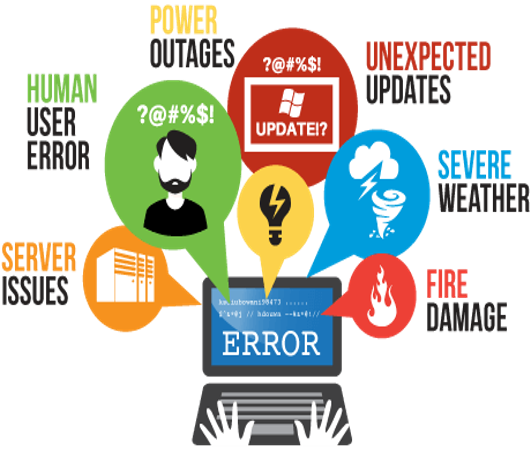
Ease of backup and disaster recovery!
Databases make backup and disaster recovery easier for software applications. With regular backups, anyone can create copies of their data, ensuring that it is protected and can be restored in case of any issues or disasters. In the event of data loss or system failure, databases offer features like transaction logs and point-in-time recovery, allowing us to recover our data to a specific point in time.
This helps ensure the continuity and integrity of our application’s data, giving us peace of mind! 🔄💾
HEY SQL USERS! Here is why you should know about time series data.
Definitely! Time series data is a crucial concept for SQL users to understand. It refers to data that is organized and analyzed based on timestamps or time intervals. SQL users can leverage time series data to analyze trends, patterns, and changes over time. It’s particularly useful for applications like financial analysis, IoT data, and monitoring systems.

By utilizing SQL’s date and time functions, users can perform calculations, aggregations, and filtering on time series data. It’s a powerful tool for gaining insights from temporal data! 📊⏰

Is a serverless database right for your workload?
Let’s See!
Absolutely! Serverless databases can be a great fit for many workloads. They offer the flexibility of scaling automatically based on demand, so we don’t have to worry about provisioning or managing servers. With serverless databases, we only pay for the resources we actually use, which can be cost-effective.
They also handle tasks like backups, security, and maintenance, allowing us to focus more on our application. Just make sure to evaluate your workload’s specific requirements and consider factors like data volume, performance, and query complexity before deciding on a serverless database. 🚀💾
SQL on a Daily Basis
SQL has a significant impact on our daily lives, even if we don’t realize it! Many applications we use, like social media platforms, e-commerce websites, and banking systems, rely on SQL to store and retrieve data.SQL helps ensure that our information is organized, accessible, and secure. From searching for products online to checking our bank balances, SQL plays a behind-the-scenes role in making these interactions smooth and efficient. So, SQL quietly powers many aspects of our daily digital experiences!
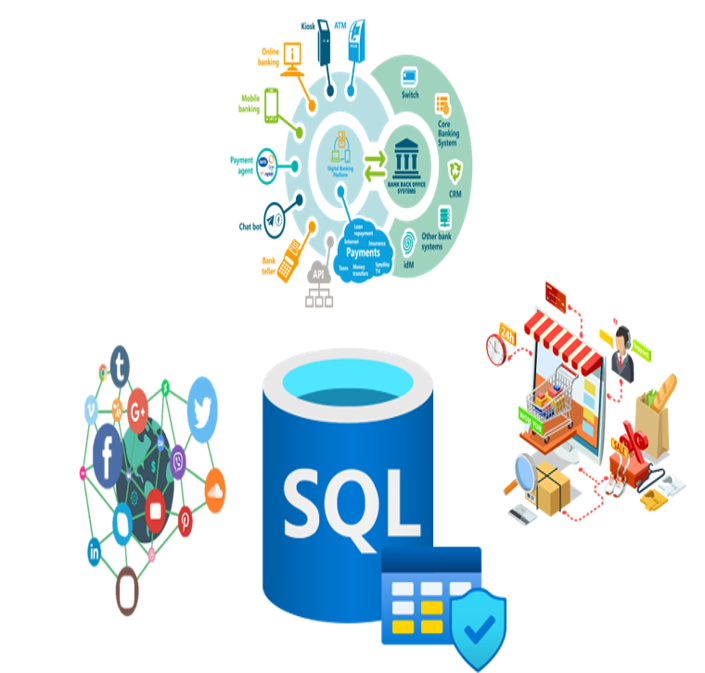
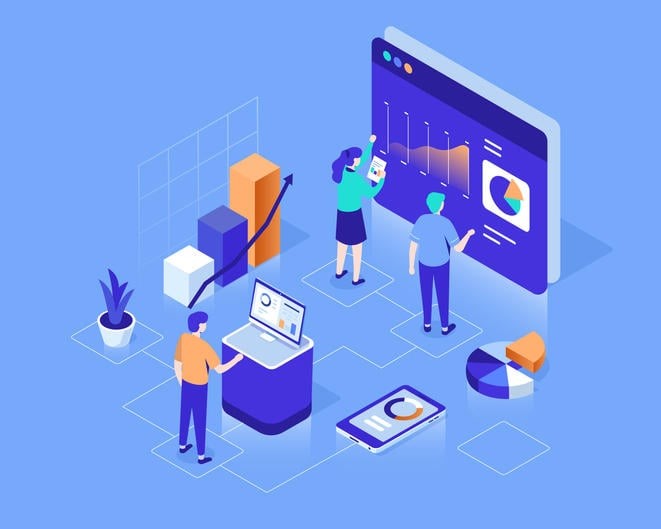
Future Scope of PL/SQL
The future scope of PL/SQL looks promising! As a powerful procedural language, PL/SQL is widely used for developing and managing Oracle database applications. With its ability to integrate SQL statements and procedural constructs, PL/SQL enables efficient data manipulation and complex business logic implementation. As Oracle continues to evolve and innovate, PL/SQL is likely to remain a crucial skill for database developers and administrators.
So, investing in PL/SQL knowledge can open up opportunities in the ever-growing Oracle ecosystem! 📈💡
Final Thoughts
In conclusion, SQL is a fundamental and versatile language that empowers us to interact with and manage data effectively. Whether you’re a developer, analyst, or database administrator, SQL skills are highly valuable and in-demand. It allows us to retrieve, manipulate, and analyze data, making informed decisions and driving insights.

As technology continues to advance, SQL will continue to be a crucial tool in the data-driven world. So, keep exploring and honing your SQL skills, and you’ll be well-equipped for the exciting opportunities that lie ahead! 🚀🔍💻







